|
|
VISIT TO KALI BEIN AT SULTANPUR LODHI
17-08-2006 : Sultanpur
The Noble Mission
I am delighted to be on the banks of Kali Bein river which has been purified through the action of volunteers under the leadership of Baba Balbir Singh Seechewal. I congratulate the Babaji and his team for their perseverance in organizing the cleaning of Kali Bein river and arranging continuous flow of water leading to improvement in ground water availability in the region. Babaji during the last two decades has worked on educational projects provided knowledge to the children and started preparing roads in the backward area of Punjab. He is popularly known as Saint of Roads. In addition, he had planted numerous fruit orchards on the wasteland along the roads and rivers. His major contribution is the installation of a low cost underground sewage system in many villages and towns in Jalanadhar, Kapurtala and Hoshiarpur districts. This I consider as a noble mission. When I am in the midst of societal transformers, I would like to give some examples of environmental upgradation taking place in different parts of the country.
First I would like to talk about Project-Siruthuli which has made marked change in bringing back the ecological profile of Coimbatore.
Project Siruthuli ? revitalizing a water body
This is an initiative started by Coimbatoreans for Coimbatoreans under the leadership of Ms. Vanitha Mohan. This ecological project aims to bring back the glory of Coimbatore and its rich heritage. The project is represented by people from all walks of life and professionally organized. The primary focus is on large scale rain water harvesting, afforestation, sewage/waste water treatment and solid waste management. They have already standardized five of the nine primary tanks in Coimbatore for large scale rainwater harvesting. Over 1.5 lakhs saplings have been planted on the bunds of the de-silted tanks and are being maintained. They are moving towards a target of planting 15 lakh trees in and around Combatore. The comprehensive study has indicated outlet of the city sewage as 10 million liters per day. A pilot plant is being taken up for sewage treatment to treat one million liters per day. The treated water will be sold to the agriculturists and industrialists as a revenue earning measure. The garbage and debris to the extent of over 26,000 cubic meters in one of the city?s largest tank have been removed. This model can be replicated throughout the country. Now, I would like to talk about integrated zero waste management practiced in Gandhi Nagar, Tamil Nadu.
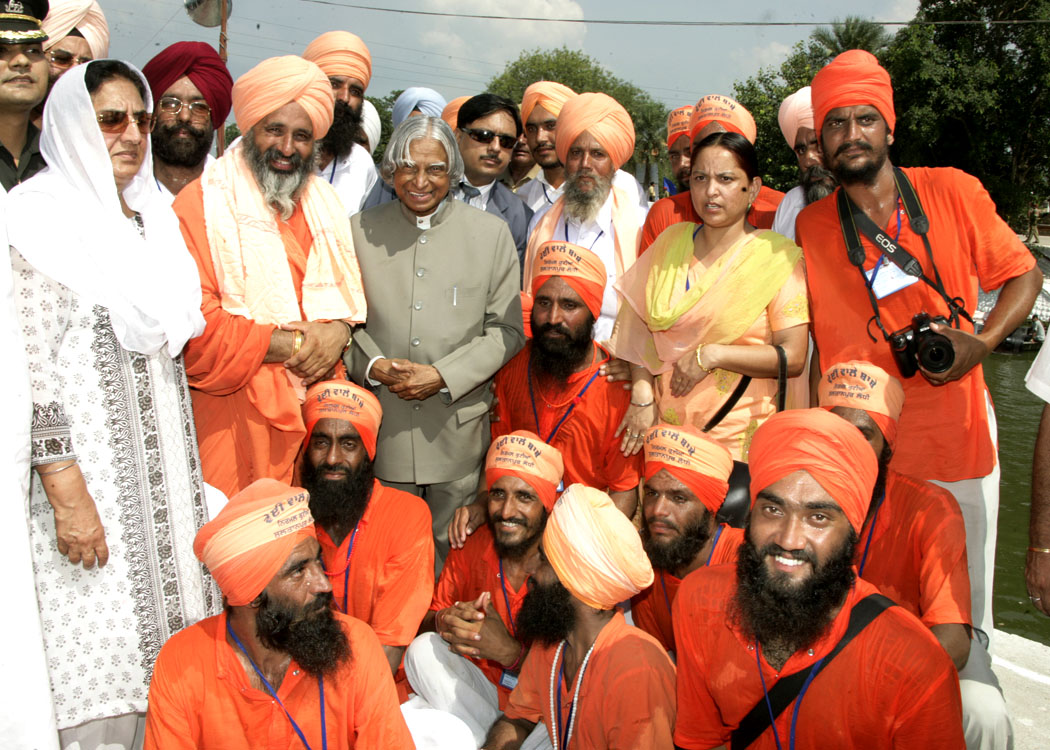

Integrated Zero Waste Management
Recently, I came across a total sanitation programme organized at Gandhi Nagar town Panchayat in Vellore district. Here the Panchayat authority in collaboration with non-government organization has been able to segregate the waste into organic and inorganic items. They have formed men self help groups and women self help groups for managing the waste in the Panchayat. These groups have established roadside dustbins, which are emptied regularly. They also have special services for hotels and marriage halls. The drainage system in the village is being cleaned thrice in a week. The fault reporting system is so efficient that sanitation faults in the village are attended to and rectified on the same day. A village having two thousand four hundred families generate garbage of over 48 tonnes per year. This garbage is converted into manure and recyclable waste generating over Rupees three lakhs in revenue. All the two thousand four hundred families in the village are able to have a clean green village just by paying around ten rupees per month per family. The scheme provides employment to around thirty-six members who are paid employees of the Panchayat. Part of the funds required for the payment of these employees is generated by the sale of manure and recyclable waste. This appears to be a self-generating system and is economical. Many of the PURA complexes in the country may like to follow such examples for economic benefits and keeping the rural setting clean, tidy and disease free. Now, I would like to talk about electricity generation from municipal waste which can also contribute towards environmental upgradation.
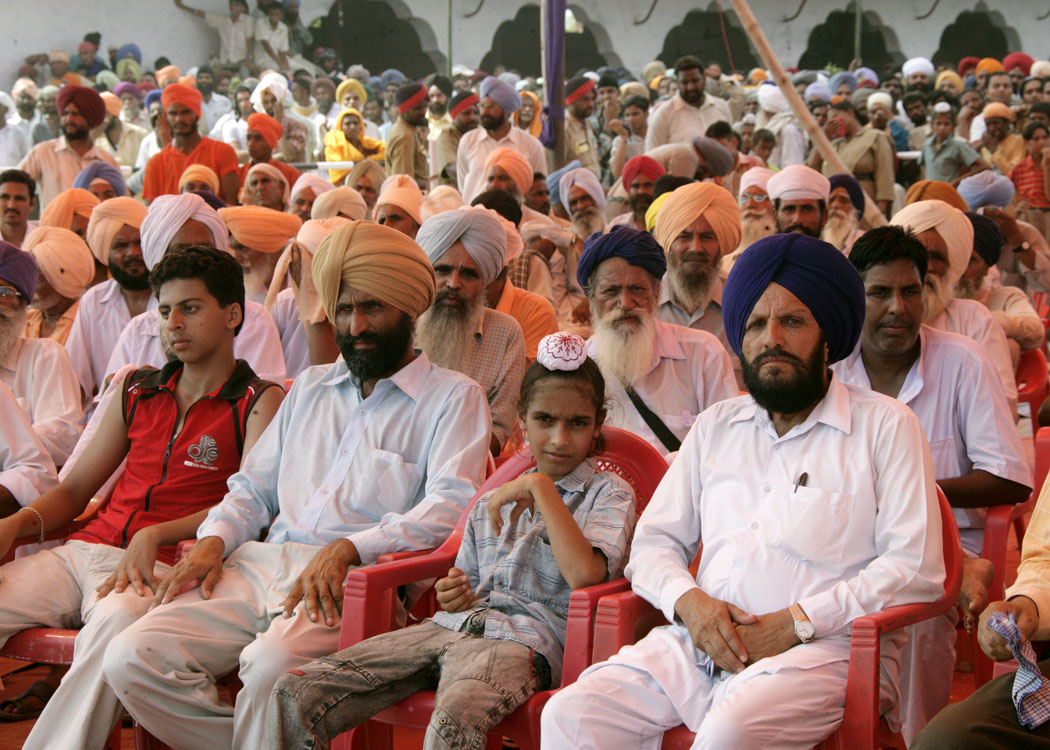

Electricity Generation from Municipal Waste
A serious problem has arisen both in rural and urban areas due to the accumulation of municipal solid waste. Efficient and environmentally clean disposal of garbage has always been a major technological challenge. While being a threat to the environment, mounting garbage is also a rich source of energy. The potential for converting this waste into useable energy, which will eliminate a major source of pollution, was realized by one of our innovative organizations- Technology Information, Forecasting and Assessment Council (TIFAC) of DST which helped in developing a completely indigenous solution for the processing of waste into a source of fuel. This fuel could, in turn, be used for generation of electricity through mini plants. Two entrepreneurs in Andhra Pradesh adopted the technology with refinement and established two independent plants in Hyderabad and Vijayawada generating over 6 megawatts of electricity each, which is being supplied to the State Grid. India needs thousands of mini power plants both in rural and urban areas using municipal waste. Now I would like to discuss the action needed to be taken in future for improving the environmental conditions. Now, I would like to mention how youth can contribute in an environmental upgradation movement in their neighbourhood.
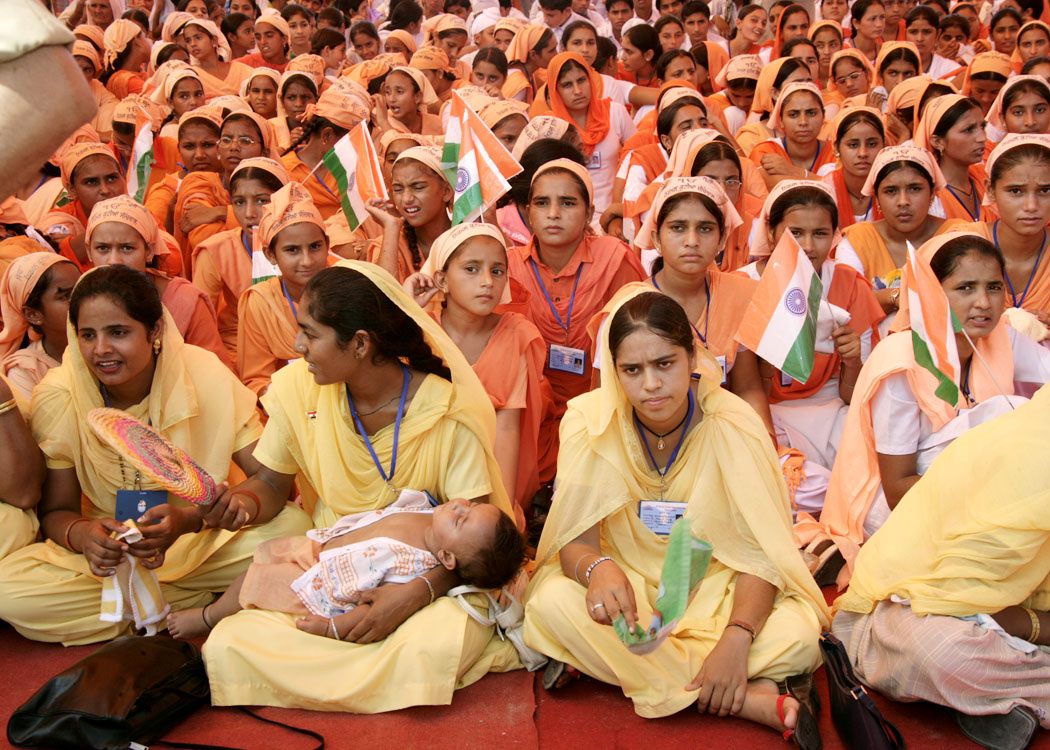

Conclusion
Taking the lead from the mission of Babaji, I would like to put forth a thought for consideration of all the people visiting the major places of worship. Every day, at least five hundred thousand people on an average will be going to different places of worship in the country and offering prayers. Normally when we go to a religious place we pray for our happiness and prosperity. At the place of worship, shall we suggest, display of the following vows. Each devotee can take any one of them as a thanks giving for The Almighty:
1. I will activate at least one water pond in my village.
2 On return from this place of worship, I will remove all enmity within my family and any court cases I will withdraw.
3. On return from this place of worship, I will plant five fruit bearing tree.
4. I will not gamble and succumb to any addiction.
5. I will give equal importance for male and female children in providing education and rights for growth of our society.
6. I will lead from now onwards a righteous life free from corruption.
I feel in this graceful occasion, even ten percent of the devotees take any one of the vows and practice it, it will bring great peace to the society, stability to the society and above all the enriched societal life.
My best wishes to Baba Balbir Singh Seechewal and his team for success in their noble mission of promoting the environment, improving the quality of life of people and creating a beautiful atmosphere for national and international visitors.
May God bless you.
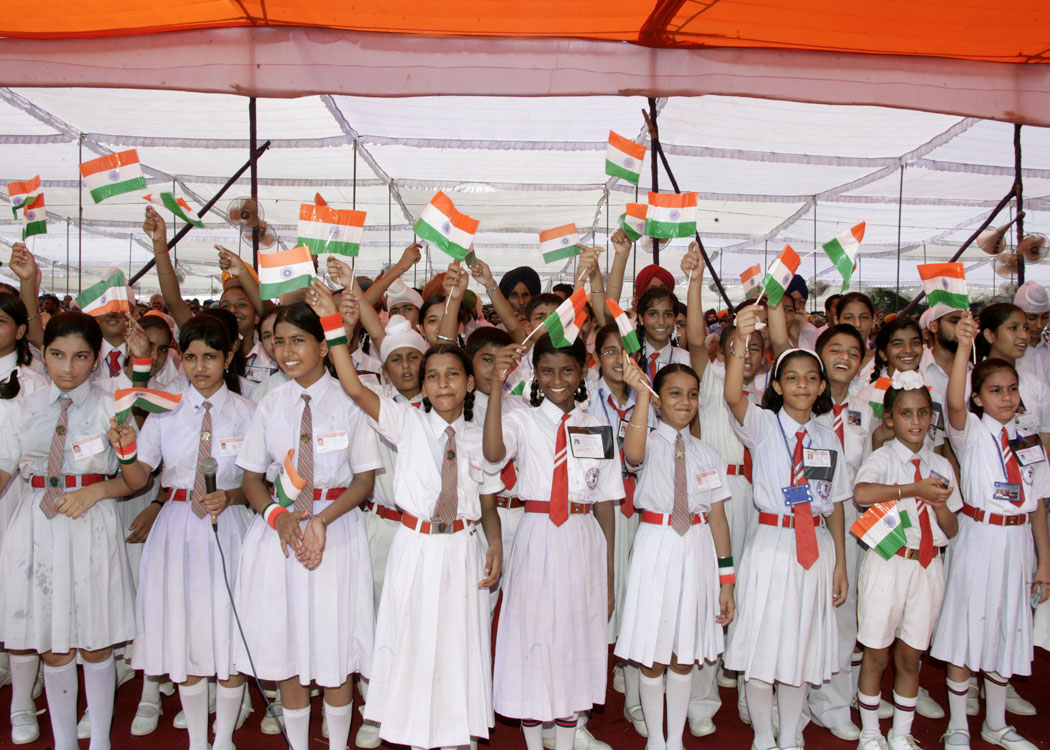
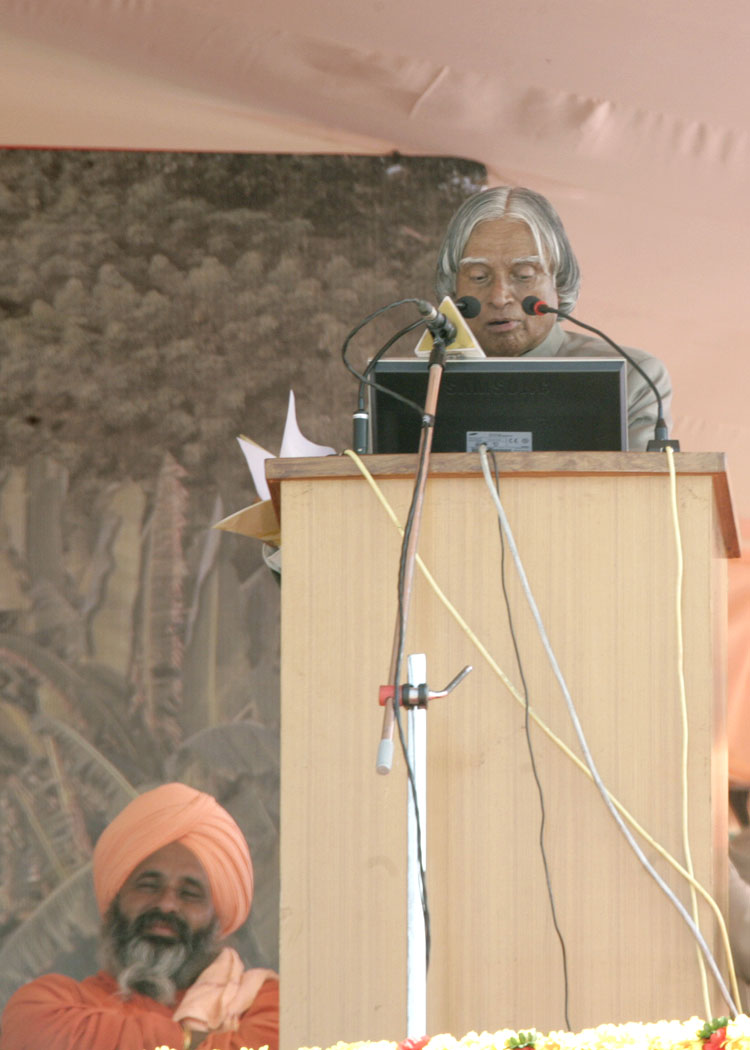
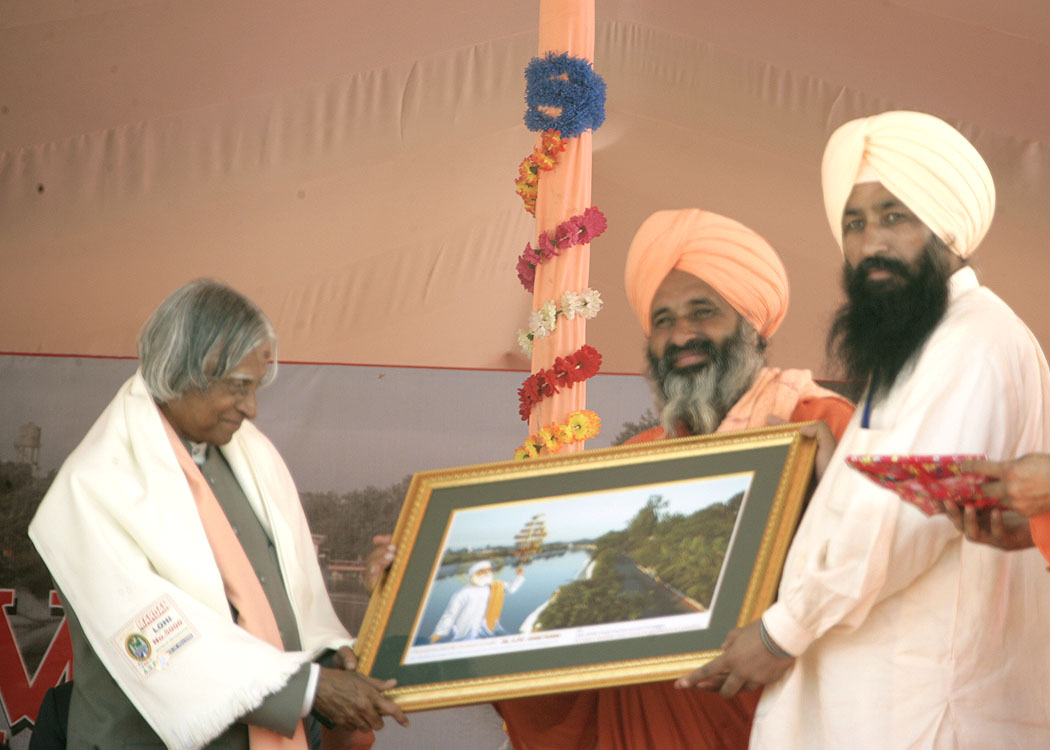
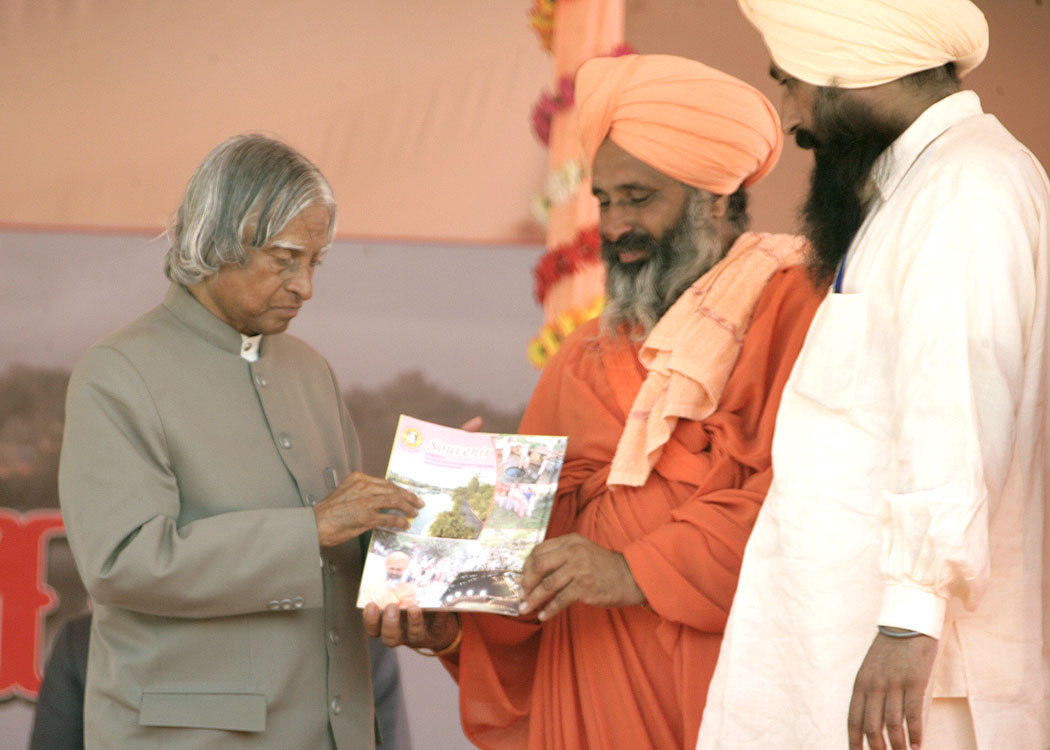
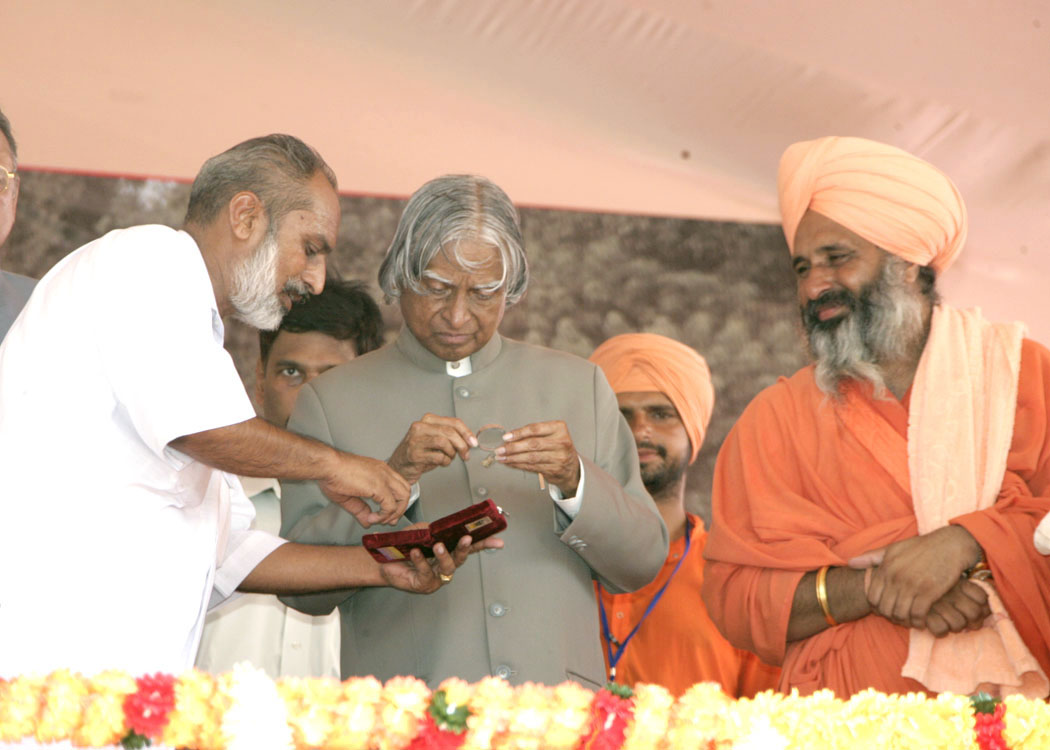
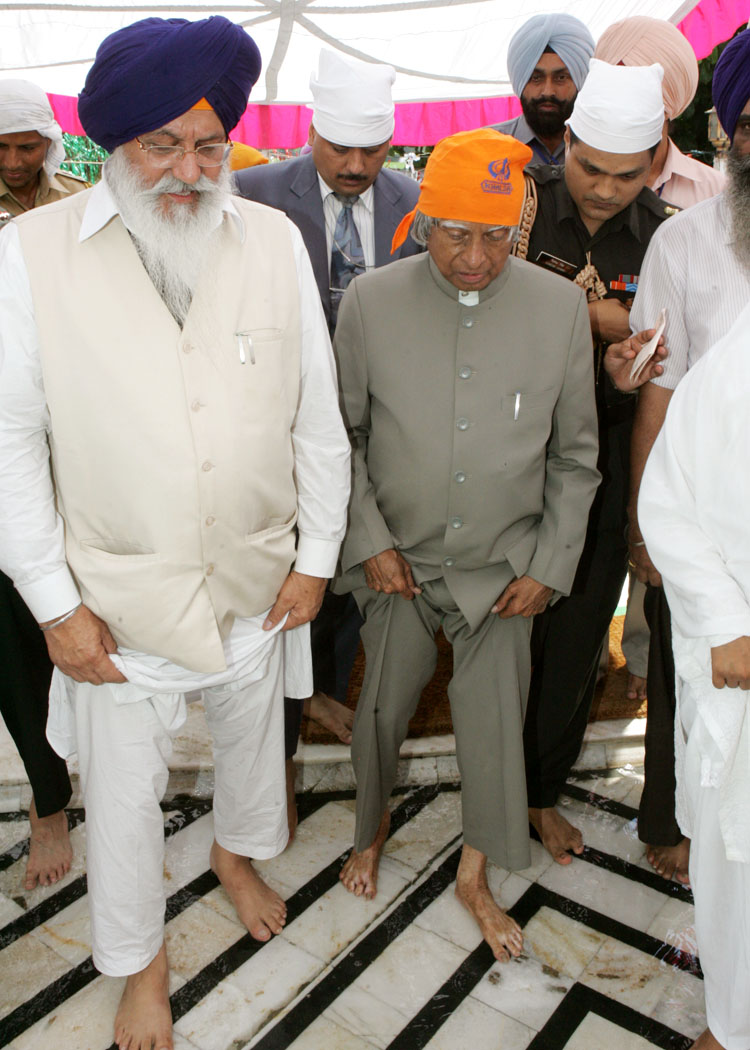
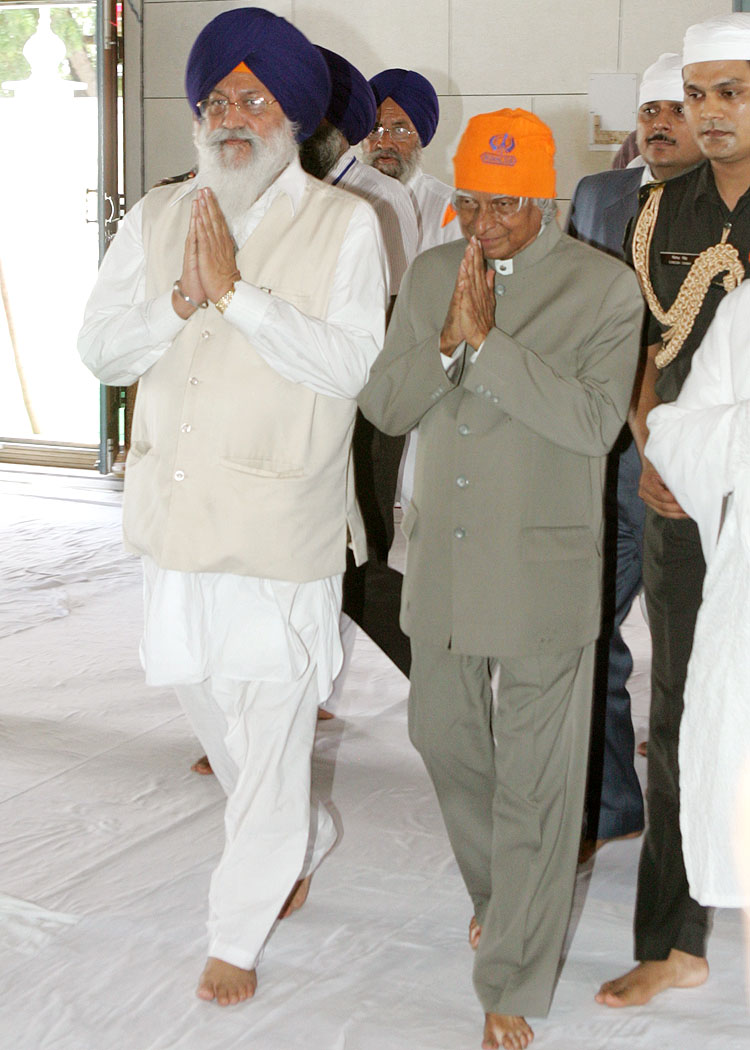
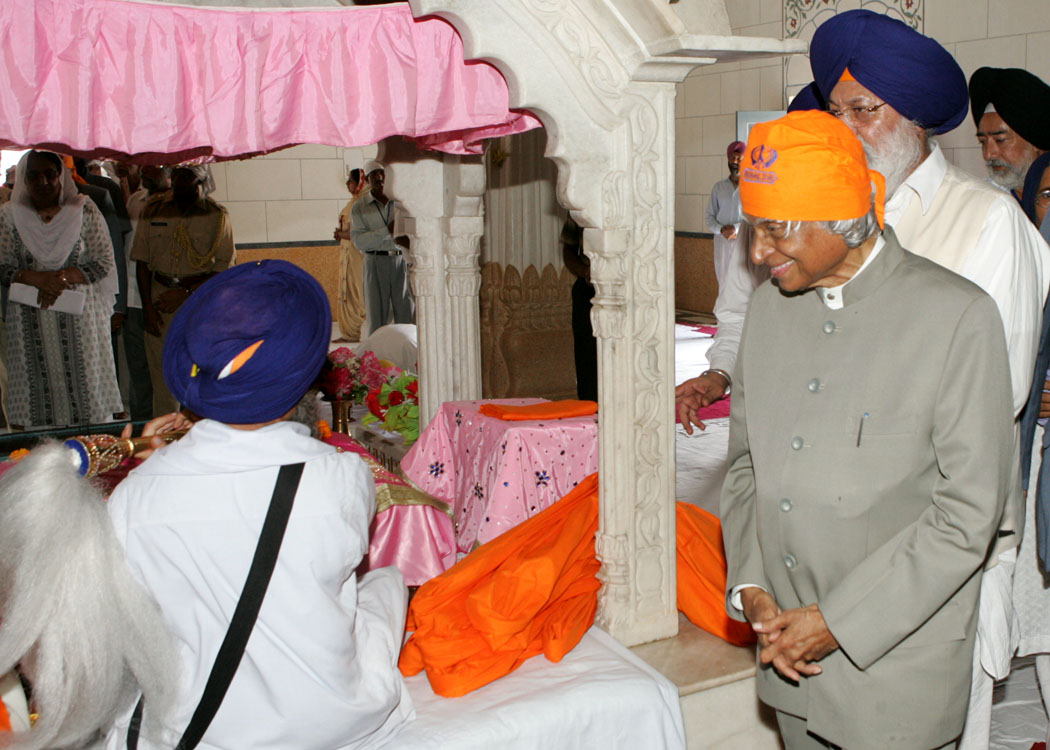
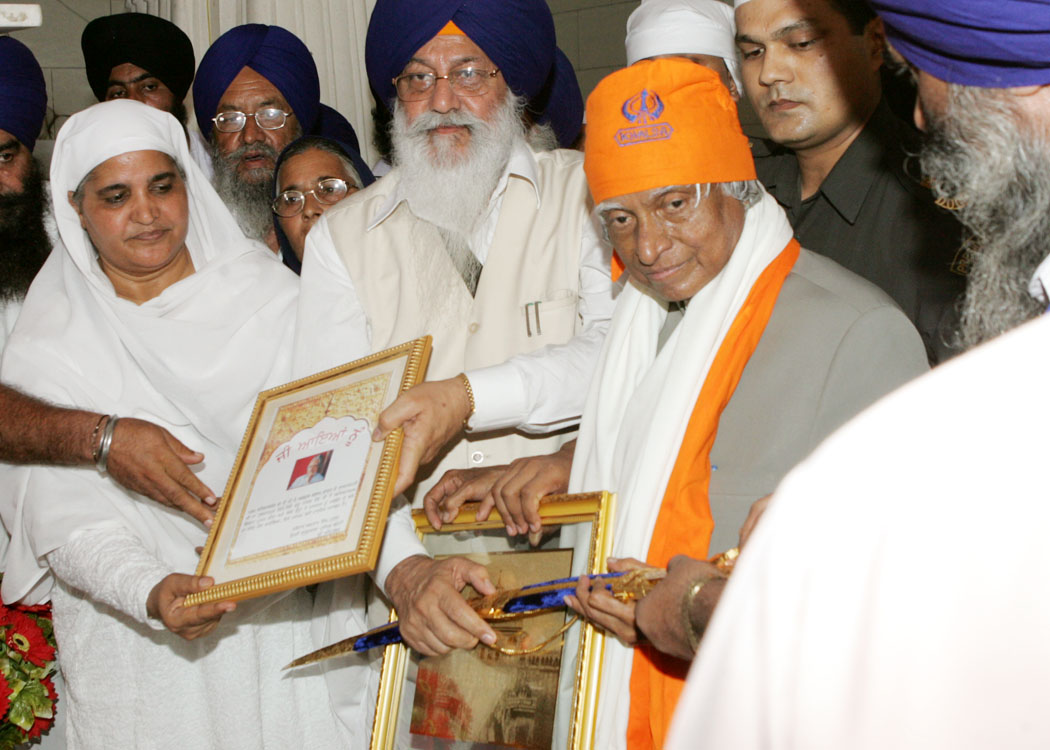
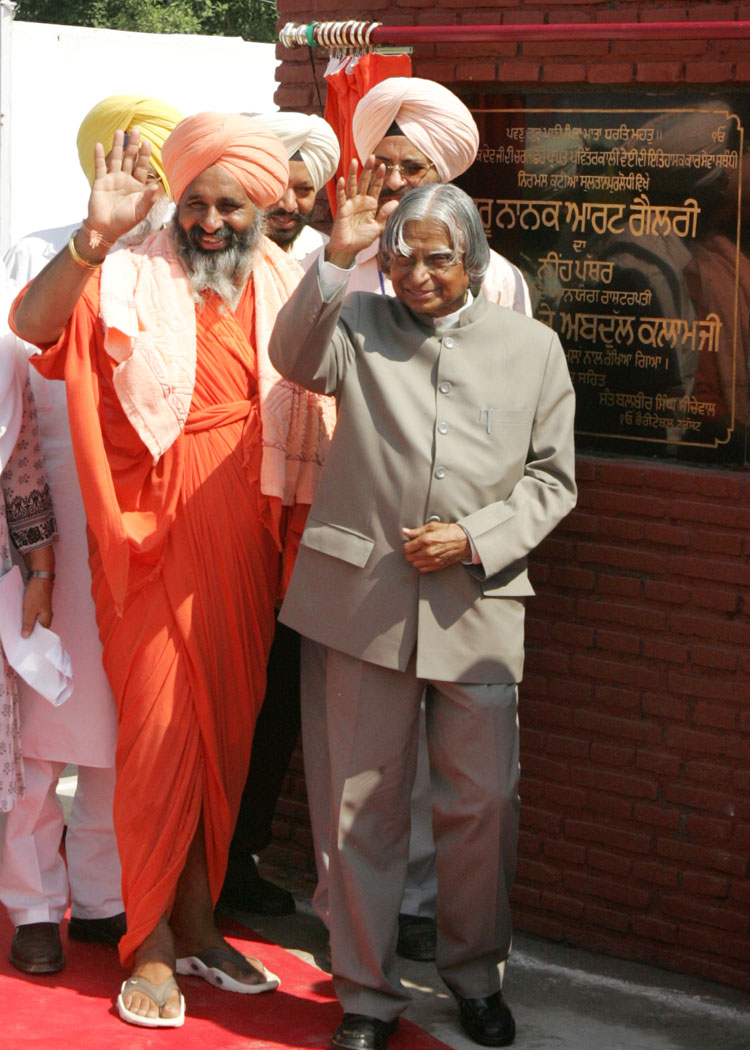
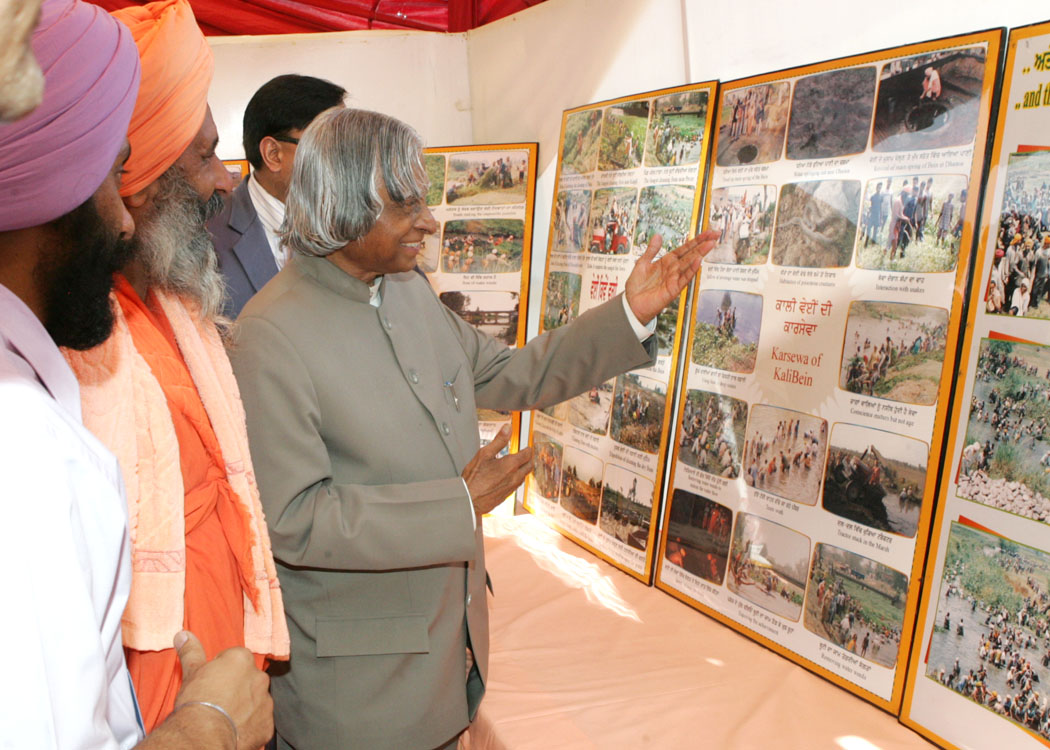

<<Back
|
|